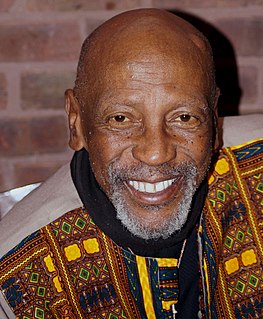A Quote by Rudyard Kipling
He became an officer and a gentleman, which is an enviable thing.
Related Quotes
This rose became a bandanna, which became a house, which became infused with all passion, which became a hideaway, which became yes I would like to have dinner, which became hands, which became lands, shores, beaches, natives on the stones, staring and wild beasts in the trees, chasing the hats of lost hunters, and all this deserves a tone.
In a world in which there is so much to interest, so much to enjoy, and so much also to correct and improve, everyone who has this moderate amount of moral and intellectual requisites is capable of an existence which may be called enviable; and unless such a person, through bad laws, or subjection to the will of others, is denied the liberty to use the sources of happiness within his reach, he will not fail to find the enviable existence
For a while, I was saying 'no' way too often. I turned down 'An Officer and A Gentleman,' 'Splash' and 'Midnight Express.' I could name you tons more. I would go off and experience life instead of working - I was learning to fly jets, went on an African safari, sailed the Caribbean - which wasn't necessarily bad.
I have a former Baltimore City police officer's uniform and his robe and hood. He was the grand dragon, which means state leader. His day job, what paid his bills, he was a Baltimore City police officer, not an undercover officer in the Klan gathering intelligence, but a bona fide Klansmen on the Baltimore City police force.
Before I became President, in the aftermath of the Vietnam War, there had been fairly dramatic, and I think excessive, reductions in the capability of our military forces, and as a former military man myself - I was a professional naval officer, a submarine officer - I thought it was better, on a step-by-step, very carefully planned way, to increase the technical, or technological, capability of our weapons systems.
The duties which a police officer owes to the state are of a most exacting nature. No one is compelled to choose the profession ofa police officer, but having chosen it, everyone is obliged to live up to the standard of its requirements. To join in that high enterprise means the surrender of much individual freedom.
Now in regard to trades and other means of livelihood, which ones are to be considered becoming to a gentleman and which ones are vulgar, we have been taught, in general, as follows. First, those means of livelihood are rejected as undesirable which incur people's ill-will, as those of tax-gatherers and usurers. Unbecoming to a gentleman, too, and vulgar are the means of livelihood of all hired workmen whom we pay for mere manual labour, not for artistic skill; for in their case the very wage they receive is a pledge of their slavery.







































